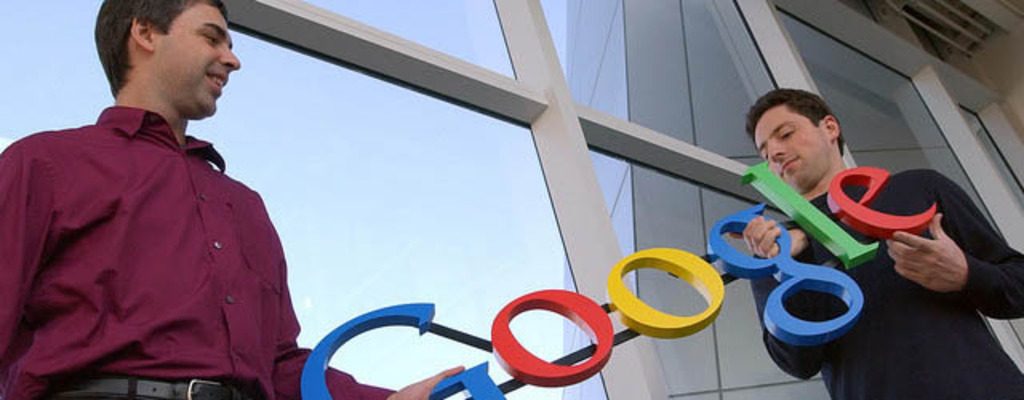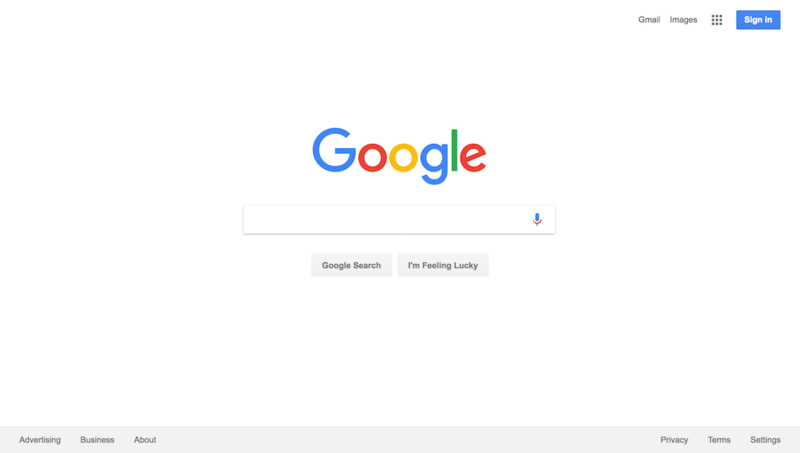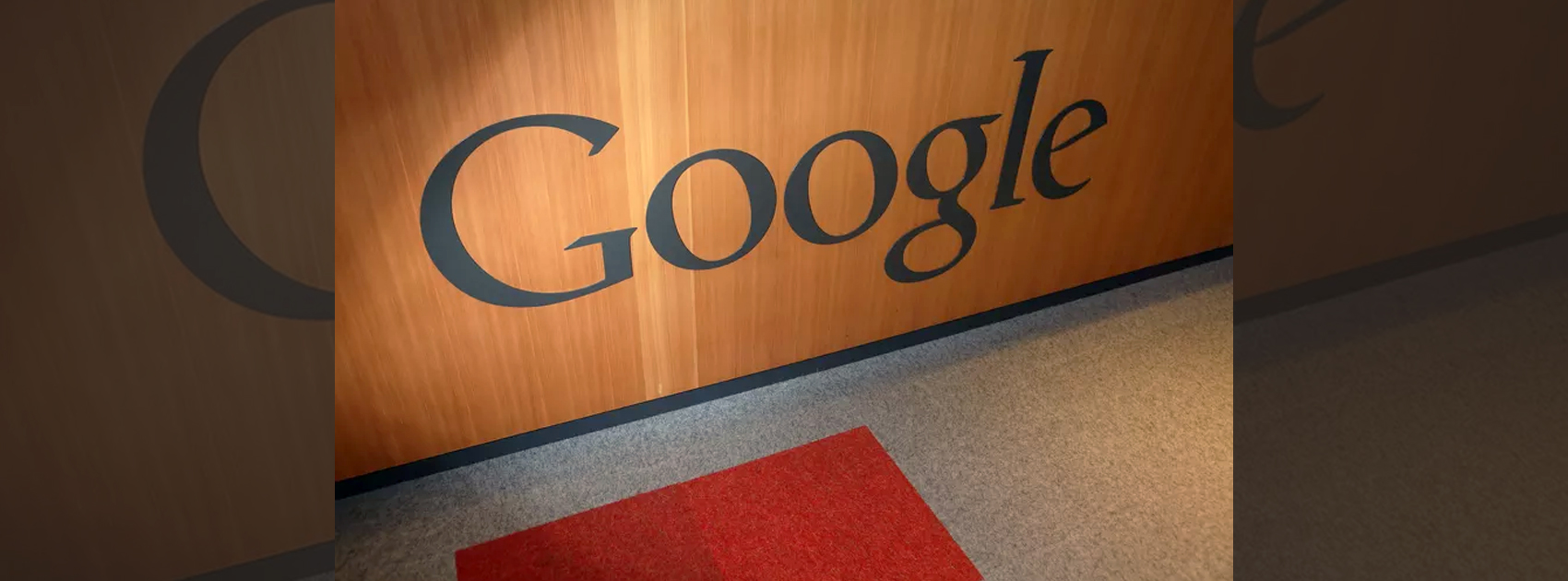Search engines and web domains have been around since the beginning of the internet. Despite being the most popular search engine now, Google has been around for a very short period of time. Here is how this search engine conglomerate was founded!
The beginning

Like all love stories, Larry Page’s and Sergey Brin’s story had very troubled beginnings. The two met for the first time at Stanford University in the year 1995 and from the moment they locked eyes, everyone around knew trouble would follow. At the time, Brin was a second year student, whose job was to take potential students around campus and Page, an interested student, ended up in Brin’s group.
Walking up and down the hill, Brin and Page could not stop arguing with each other, constantly debating and fighting over everything from the weather to the historic places of San Francisco. Obnoxious, social and extremely opinionated, Page and Brin were poles apart in every way. What made them come together then? Their interests and desire to create a one of a kind search engine.
The first project

Page and Brin were thrown together for the first time ever when they started writing the code for a search engine, then called BackRub, because of its ability to analyse backlinks. Despite the tumultuous relationship shared by the co writers, the code became a massive success. So successful was the project that it resulted in the creation of a research paper titled The Anatomy of a Large Scale Hypertextual Web Search Engine.
BackRub was unique in its functionality. By using an internally developed technology called PageRank, BackRub ranked a website’s importance by taking into account the number of pages on the website, the importance of the pages and the number of times they were linked to to the original site. The product was relatively successful but unfortunately, buyers were not interested in getting a product which was still in its initial stages. Finally, after multiple rejections. Brin and Page decided to innovate and create something new with (hold your breaths) Google!
The name that changed the world

Page and Brin took inspiration for the name Google from Gogol and voila, the strategy worked! A new name and a new beginning was all the founders needed for Google to get the much needed investors. Sun Microsystems co founder Andy Bechtolsheim was so impressed that after a quick demo of Google, he told the pair “Instead of us discussing all the details, why don’t I just write you a check?”
Bechtolsheim’s check was for $ 100,000 (made out to Google Inc) giving Page and Brin the much needed push toward success. The first two weeks after the founders got the check was quite an iconic one. With more than enough money in the bank, the duo opened their first office in Menlo Park, California. Post that, Google.com, a search engine that answered more than 10,000 questions a day, was launched.
History was created

Four years later, Page and Brin dropped the word beta from Google’s title and in 2001, Google finally filed and received a patent for its Ranking Technology! After that, there was no stopping Google and ever since, the search engine has changed the way the internet works. Interestingly, the first ever Google Doodle of the Burning Man was created to talk about the company’s motto, “Do No Evil.”
Google has come a long way, from being an accidental company to being one of the largest in the world. With exquisite patents to its name and extensive research at its hands, Google has definitely created a place for itself in the world of technology and innovation.

